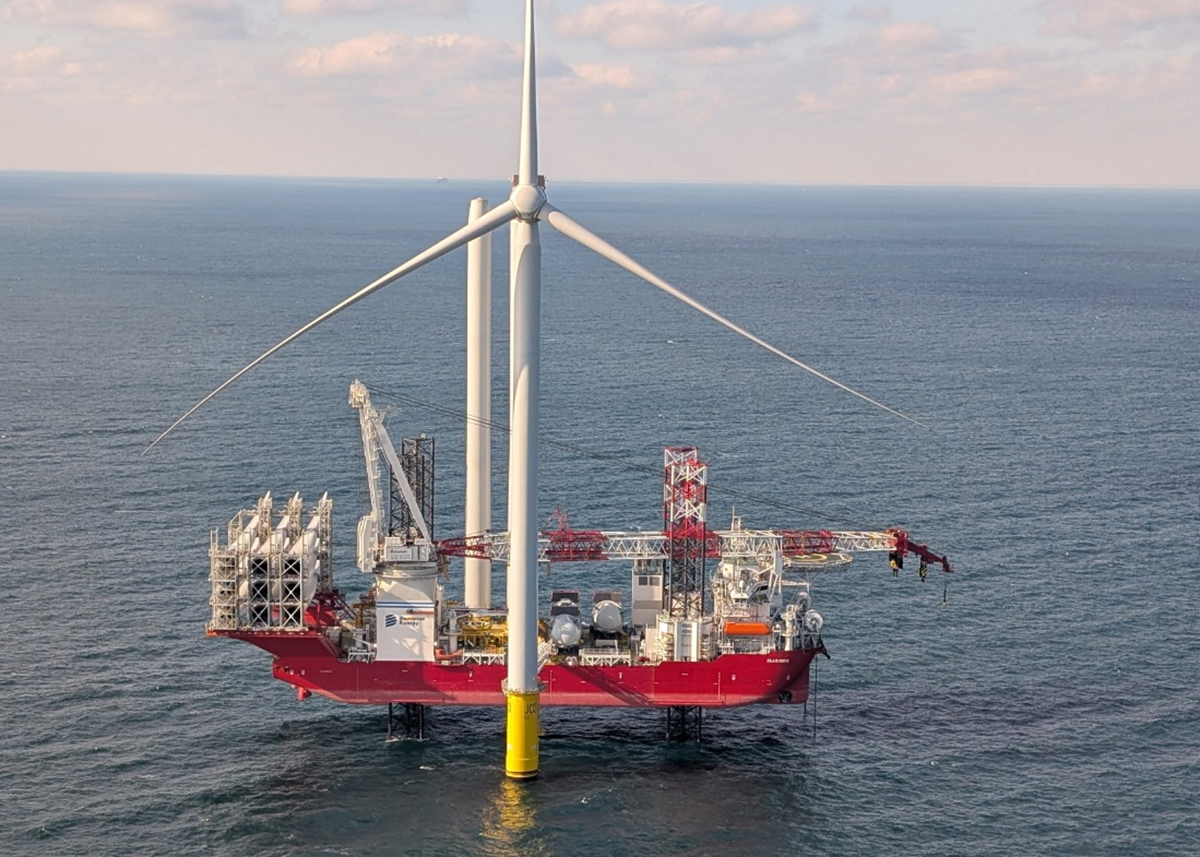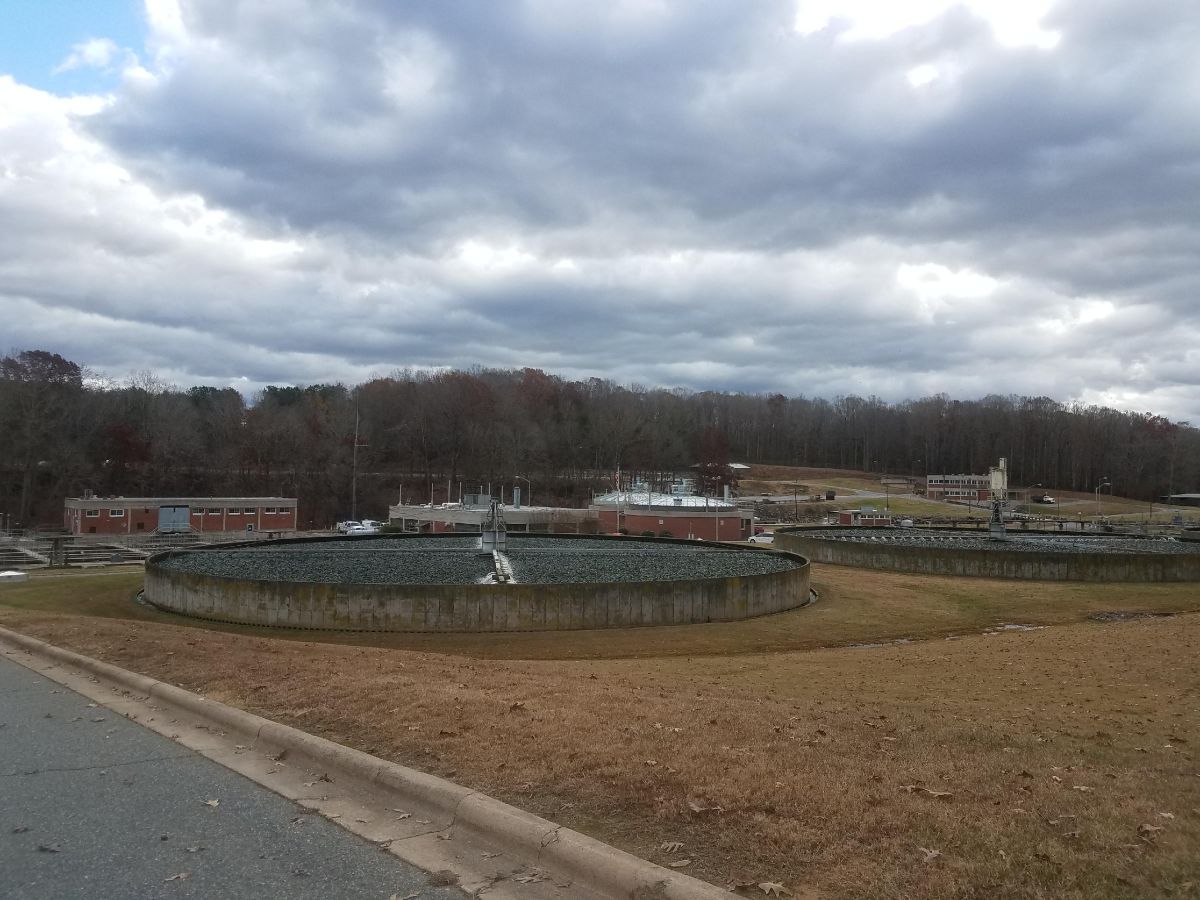Reprinted from the Island Free Press
NAGS HEAD — The project to replace the Herbert C. Bonner Bridge is again on track, with a denial yesterday of a legal challenge that had briefly suspended a state permit.
Robert Emory, the chairman of the N.C. Coastal Resources Commission, ruled that the Southern Environmental Law Center did not meet the necessary criteria to be granted a third-party hearing to challenge the major CAMA permit issued in September by the state Division of Coastal Management.
Supporter Spotlight
 Bob Emory |
The petitioner, representing the Defenders of Wildlife and the National Wildlife Refuge Association, was required to show that the decision to grant the permit violated state Coastal Area Management Act rules or regulations, that they were directly affected, and that the request was not frivolous. Emory said the first two criteria were met, but not the third.
In the request to the CRC, Julie Youngman, SELC senior attorney, had claimed, in part, that the permit should have been denied because the project would damage cultural, historic and natural resources; it violated CAMA wetland, oceanfront setback and variance rules; and cumulative effects and additional alternatives were not properly studied.
Emory’s 27-page response addressed both federal and state regulatory issues in the project, which has been planned for more than 20 years and involves about 14 state and federal agencies.
In his denial, the chairman also said it would be a “waste of judicial resources as well as frivolous” to hear the groups’ complaint about purported violations of federal regulations.
Last July, the environmental groups filed a federal lawsuit against the state Department of Transportation and the Federal Highways Administration to stop the project, largely based on what they contend are violations of the National Environmental Policy Act.
Supporter Spotlight
The case is currently being litigated in federal court in New Bern.
“The provisions of (North Carolina law) do not authorize petitioners to re-litigate their challenge under a federal statute in a state-level challenge,” Emory wrote.
The CAMA permit had allowed the state Department of Transportation to begin construction of the bridge over Oregon Inlet. When the law center made the hearing request on Oct. 8, the permit was put on hold pending Emory’s ruling.
“The permit is considered to be active again,” Michele Walker, division spokeswoman, said Tuesday.
Walker said that since construction had not begun, no delays in the project had resulted from the suspension.
The law center has 30 days to petition for judicial review of Emory’s denial in state Superior Court in Dare or Wake counties.
Youngman, the SELC attorney, did not respond to several attempts yesterday for reaction to the denial.







